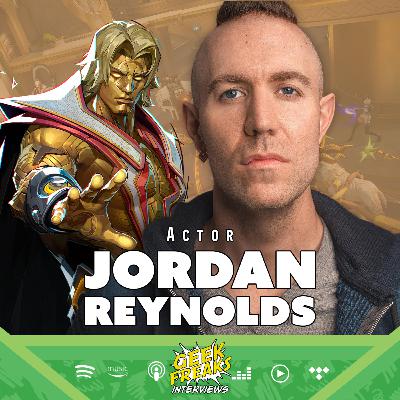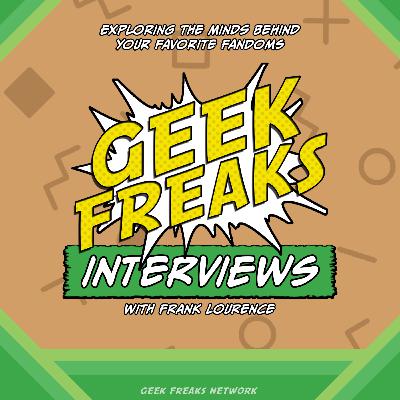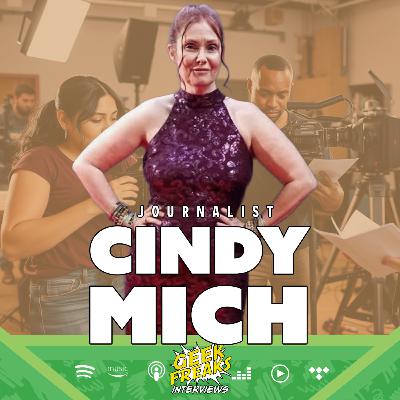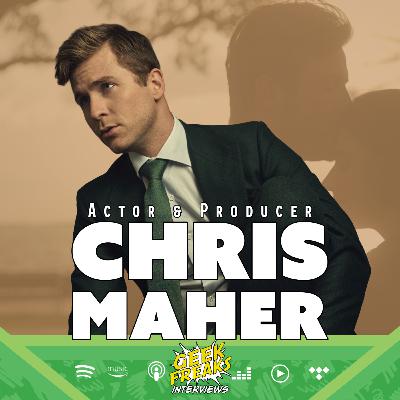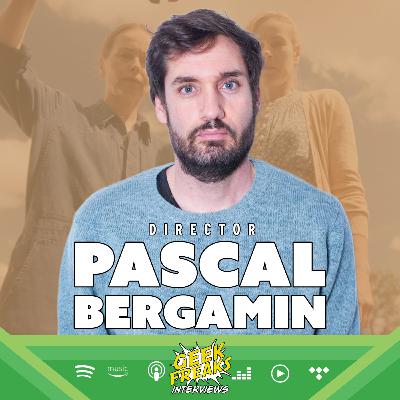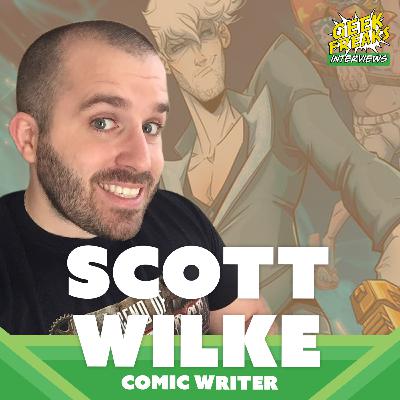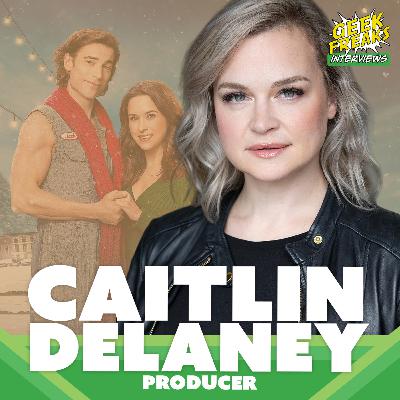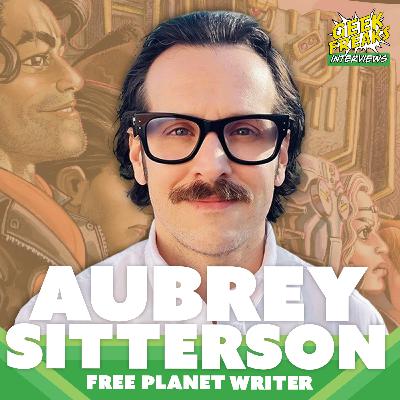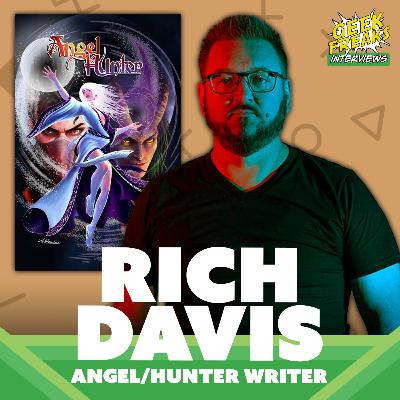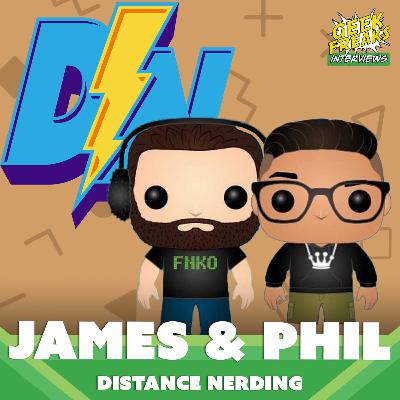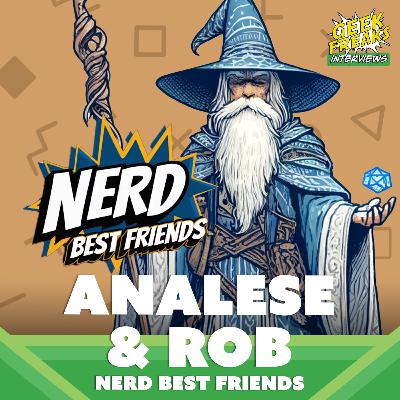Eliah Mountjoy on Finding Bucky’s Voice, Anime Dubbing, and the Future of AI in Games
Description
Voice actor Eliah Mountjoy joins us to talk about bringing the Winter Soldier to life in Marvel Rivals, why Bucky’s duality resonates with him, and what it actually takes to nail lines when you’re alone in the booth. We get into the craft behind anime dubbing, how directors guide performance in fast-moving game sessions, and his thoughtful stance on where AI helps and where it harms. He closes with grounded advice for anyone thinking about voice acting as a career.
00:00 Intro and why Eliah’s Bucky leaves a mark on players
00:55 How he landed Winter Soldier and learned it was Bucky mid-callback
02:22 Building a take that isn’t a Sebastian Stan voice match
05:20 Playing a century-old, battle-worn hero with real baggage
06:05 Community with the Rivals cast and that “donut video” origin story
10:21 Recording solo vs ensemble and learning to “act to no one”
12:20 Why fast sessions still feel grounded, plus getting scripts early
14:15 Calibrating banter vs in-battle reads with the director’s context
15:14 What Eliah brings to Bucky from real-world tactical training
19:15 Quiet confidence vs “flip mode” for big moments and ults
20:25 The Bucky stories he still wants to tell with Natasha
21:17 Dubbing anime: timing, intent over mimicry, and “spoken-word karaoke”
29:59 AI in voice work: the line in the sand, compensation, and the uncanny valley
36:30 Practical steps for aspiring voice actors: classes, improv, and knowing your “why”
Winter Soldier wasn’t a voice-match job. Eliah built a take rooted in Bucky’s history and weight rather than mimicking the MCU.
Real tactical training informed his performance: calm, capable, and dangerous until it’s time to flip the switch.
Directors matter. Fast, line-heavy sessions still feel truthful when context is clear and actors get material in advance.
In anime dubbing, timing rules everything. He aims to match intent, not the original voice.
On AI, the bright line is human performance. Use tools without replacing actors, and protect credit and compensation to avoid hollow, uncanny results.
If you want to voice act, start acting. Take classes, do improv, study the craft, and be honest about your motivation.
“Voice acting is acting… you have to find a way to do that with your voice.”
“He’s the killer of killers… and very relaxed until it’s time to ramp it up.”
“We have to find a way to protect human performance and the people who bring it to life.”
“I try to match the intent, not the exact voice.”
If you enjoyed this conversation, follow the show, rate us, and leave a short review. Share the episode with a friend and tag your post with #GeekFreaksInterview so we can find it.
All news discussed on our shows comes from GeekFreaksPodcast.com
Elia on Instagram: https://www.instagram.com/eliahmountjoy/
Facebook: https://www.facebook.com/thegeekfreakspodcast
Threads: https://www.threads.net/@geekfreakspodcast
Patreon: https://www.patreon.com/GeekFreakspodcast
Twitter: https://twitter.com/geekfreakspod
Instagram: https://www.instagram.com/geekfreakspodcast/
Got a question for our next guest or a topic you want us to cover? Send it to info@gfpods.com or DM us on Instagram or Twitter.
TV & Film, Pop Culture, Interviews, Voice Acting, Marvel, Anime, Video Games, Entertainment News
Timestamps and TopicsKey TakeawaysMemorable QuotesCall to ActionLinks and ResourcesFollow UsListener QuestionsApple Podcast Tags


